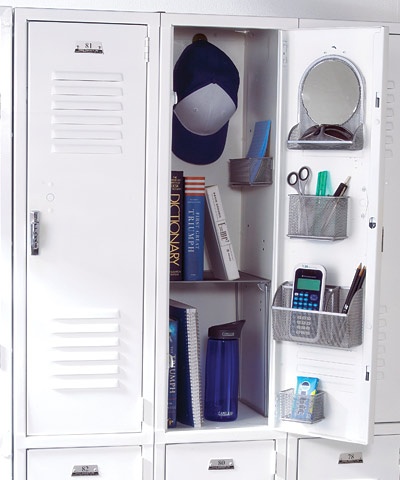Organization is a simple concept. We think of organization as not being messy and keeping our “stuff” in an orderly fashion. Because of this simplistic view, it is easy for the magnitude of organization and the impact it can have on our lives to be lost.
Organization is not only difficult for students, it is challenging for someone of any age. According to Newsweek, “The average American wastes 55 minutes a day looking for things they own but can’t find.” And this even impacts businesses. The Wall Street Journal reports that, “The average executive wastes six weeks annually searching for important documents lost in among the clutter.”
I find that organization is often the most overlooked skill for students because it is so basic. However, organization is an essential foundational skill that will helps us reach success at all stages of life: middle and high school, college, and our personal and professional lives. It takes identification, attention to detail, and sustained practice in order to become an efficient and organized person. Let’s take a look at the many ways organization comes into play in a student’s life:
Backpack and Materials: This is essential. Students get bombarded with papers across many subjects. They will have multiple textbooks, notebooks, folders, or binders. It is important to develop a system and devote some energy and attention towards maintaining it on at least a weekly basis. This may require regular check-ins for a while as the student develops the skill and improves in this area. Adults have the same struggle with a work bag or briefcase.
Locker/Desk: More school space that a student must be able to keep orderly and neat, a locker is the main organizational vehicle at school. It also seems like a huge chore to clean out, but odds are it will only take a few minutes each week to maintain. Adults have the same desk and filing cabinet challenges at work.
Living Quarters: For students still not yet in college, this is obviously there bedroom. For college students, this may be a dorm, apartment, or greek housing. The ability to maintain organization across different areas (closet, desk, drawers, laundry room, etc.) will directly impact our ability to execute our daily tasks and manage our time more efficiently.
Car: Cars are often the overlooked component. They are just as important as the backpack, locker, and bedroom….and can often become a dumping ground for all three.
Files/Flash Drive/Google Drive: The modern form of organization. I often find students just throw files haphazardly into their preferred storage method. This is the digital version of a folder and binders. Again, it takes skill to be able to save, manage, and backup the gazillions of files that will pile up as students continue through school. Structure and practice is difficult for many students, yet crucial to success.
The need for organization is everywhere in our daily lives. If we picture someone who struggles in some (or all) of the spaces described above, it can create a disjointed environment and allow for a more demanding path to success. The more of these areas a student struggles with, the more the problem compounds itself. Often overlooked, organization is a vital component to school and professional success. It is a skill that requires practice and development.





